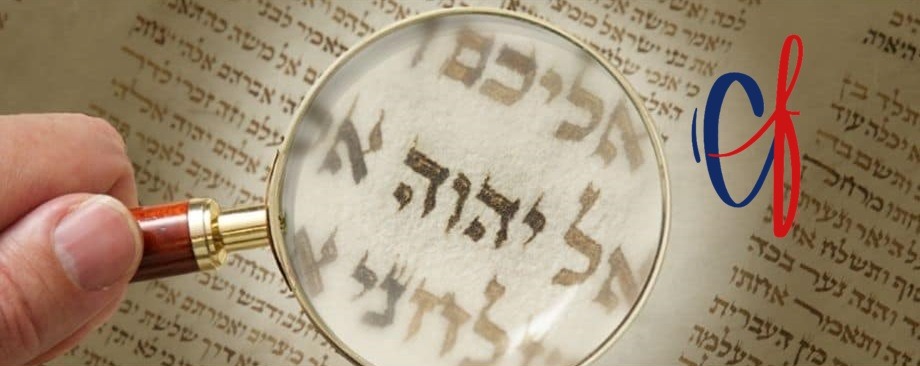Techinical Terms of the Psalms
TECHNICAL TERMS OF THE PSALMS

The Psalms were for the Jews of the Old Testament, which is what the collection of hymns and praises is for us. Praise was part of almost every moment in Israel's life. There were funerals, festive, religious praises, etc. For every circumstance in life, they had an appropriate song. The Hebrew title for these praises is “Tehiliym”, the plural form of “Tehilah” = “Psalms and praises”.
TECHNICAL TERMS
Mizmor: means “a song with musical accompaniment”. Originally, the term has the meaning of “making melody”. It is used in the individual Psalms and first appears in Psalm 3.
Masquil: “an instruction”, a speech in verse. It appears 13 times with the title in the Psalms (Psalm 32).
Mictão: “golden, mysterious”, or “inscribed, excellent”. According to scholars, this term is used in the Psalms to convey the idea of atonement for sins (Psalm 16).
Sigaion: “pilgrim”; “harsh song”, “a soft song”; Psalm 7.
Tehila: "hymn"; Psalm 45.
Tefila: "prayer"; Psalm 90.
Technical terms that designate musical marking:
Saddle: “eternally, forever”; – Appears 71 times in the Psalms and thrice in Habakkuk. – This term means “pause, " a rest in the vocal part. Others, however, suggest that, during the service, the leader asked the singers to raise their voices, suggesting that Selá means: “get up”.
Higaion: “meditation” appears in Psalm 9:16 and is associated with the word Selah. Some people say the “meditation” signal follows when the pause signal is given.
Technical terms that refer to musical instruments:
Negtinote: “string instruments” – Psalm 4 – Indicates the melody with which the Psalm was sung and indicates that the ritual was accelerated with the accompaniment of harps.
Neilote: "string instruments"; – Because Isaiah 30:29 suggests that flutes were used in worship, some assume that the wind instrument to which the term refers is the flute.
Terms that indicate the character or duration of the song:
Alamote: “maidens”, “virgins” – The voices of young women made the accompaniment of these Psalms; – (Psalm 46).
Seminitis: “eighth”; – meant “octave” – the term indicated a harp with eight strings, with which Psalms 6 and 12 should be accompanied; – can also be references to tone: an octave lower, for tenor or bass.
Gitite: “vindima” – Psalms sung after the harvest. – Psalms 8, 81 and 84.
Terms that indicate the melody with which the Psalm should be sung:
Mute-Labem: “death of the son” – A funeral dirge. – (Psalm 9).
Aijelete-Has-Saar: “morning doe” – A messianic psalm – Psalm 22 – it is supposed that it was sung at the morning sacrifice by the offerer of the sheep for the sacrifice or by the priest who did it on behalf of the offerer.